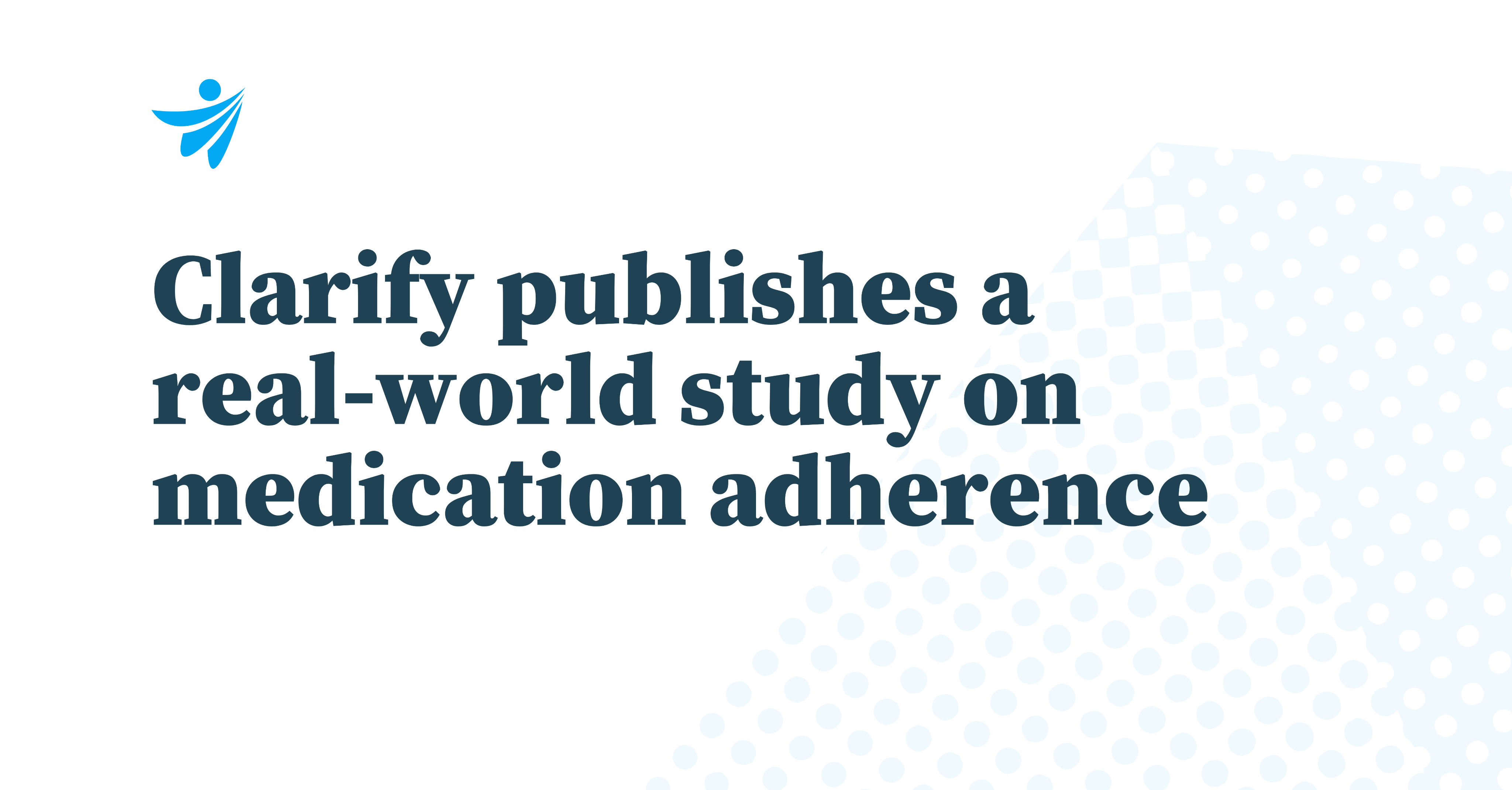
Healthcare Insights
Feb 15, 2023
Insights for Life Sciences | May 11, 2022

Clarify Health published a real-world study assessing medication adherence among patients with heart disease caused by transthyretin amyloid cardiomyopathy (ATTR-CM). The study titled “Baseline Characteristics and Secondary Medication Adherence Patterns Among Patients Receiving Tafamidis Prescriptions: A Retrospective Analysis Using a National Specialty Pharmacy Dispensing Database” was published in Patient Preference and Adherence journal in April 2022. Clarify’s clinical informatics team leveraged claims data to u assess differences in regimen, access, and length of adherence in real-world and clinical trial populations.
The study found that real-world adherence to the treatment in patients with ATTR-CM was high. 75% to 100% of patients met or exceeded the commonly defined adherence threshold. But there were variations by geographic region, with ATTR-CM patients in the Northeast having a significantly higher adherence than those in the Midwest.
In 2019, tafamidis became the first FDA-approved treatment for heart disease caused by ATTR-CM, an underdiagnosed, rare, and potentially fatal disease that can lead to heart failure. Prior to tafamidis’s regulatory approval, heart transplantation was the only treatment for ATTR-CM. Since tafamidis is a first-in-class therapy for ATTR-CM and real-world adherence to cardiology drugs has been low and has resulted in suboptimal outcomes, the study team was interested in understanding patient adherence to tafamidis in the real-world. The research team conducted a retrospective analysis of claims data to evaluate modified medication possession ratio, days between fills adherence rate, and compliance rate for patients filling tafamidis prescriptions from June 1, 2019 to August 31, 2020.
The clinical informatics team at Clarify used their claims data to develop the study methodology, conduct data analysis, and interpretate the results. The team provided feasibility counts, helped inform decisions about the analysis, and performed iterations and sensitivity tests before and after protocol design to refine the analysis and ensure accurate results and methodology. The study design was verified by practicing clinicians to ensure the study results were grounded in clinical practice.
To improve patient journeys and outcomes, pharmaceutical companies need real-world insight into diagnosis and treatment patterns, as well as a deep understanding of patients’ access to and utilization of therapeutics. Learn how Clarify is helping life sciences companies leverage research-grade real-world data to better understand the impact of therapeutics beyond the clinical research setting.
Read the full study published in Patient Preference and Adherence.